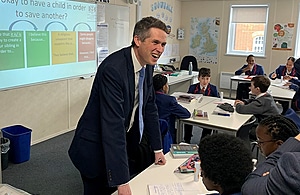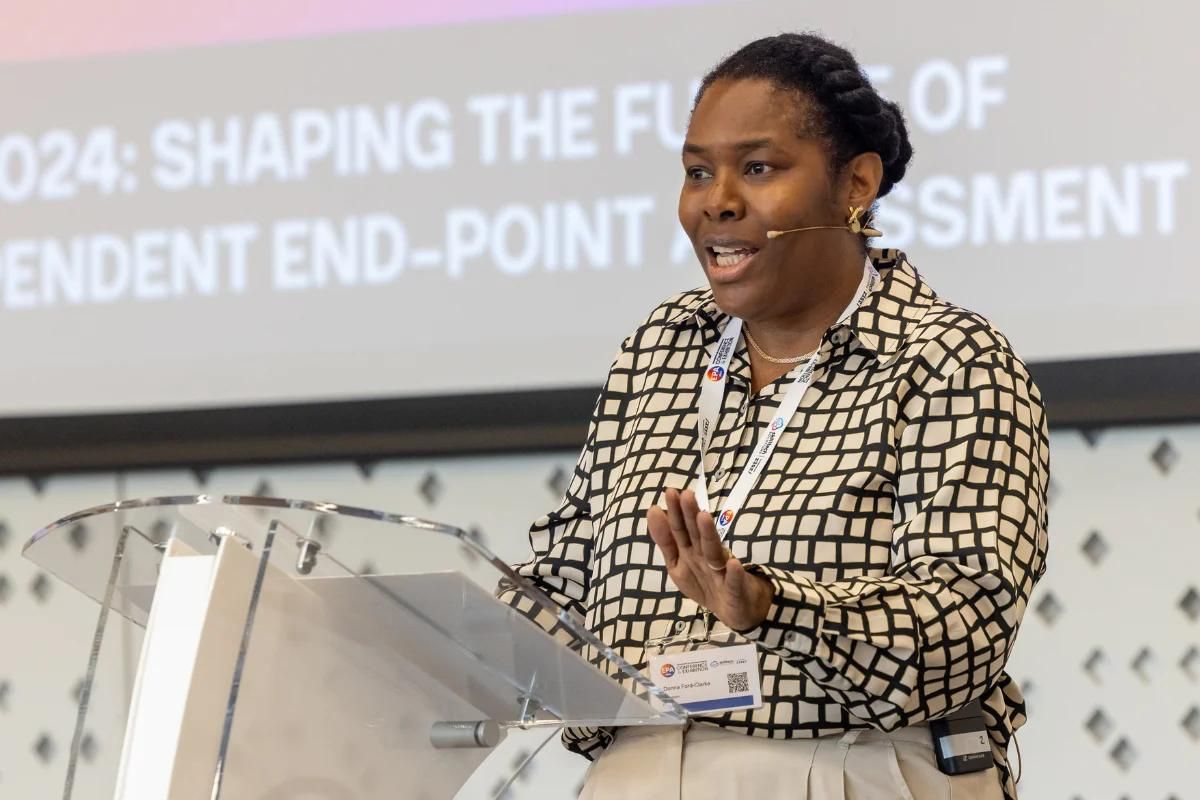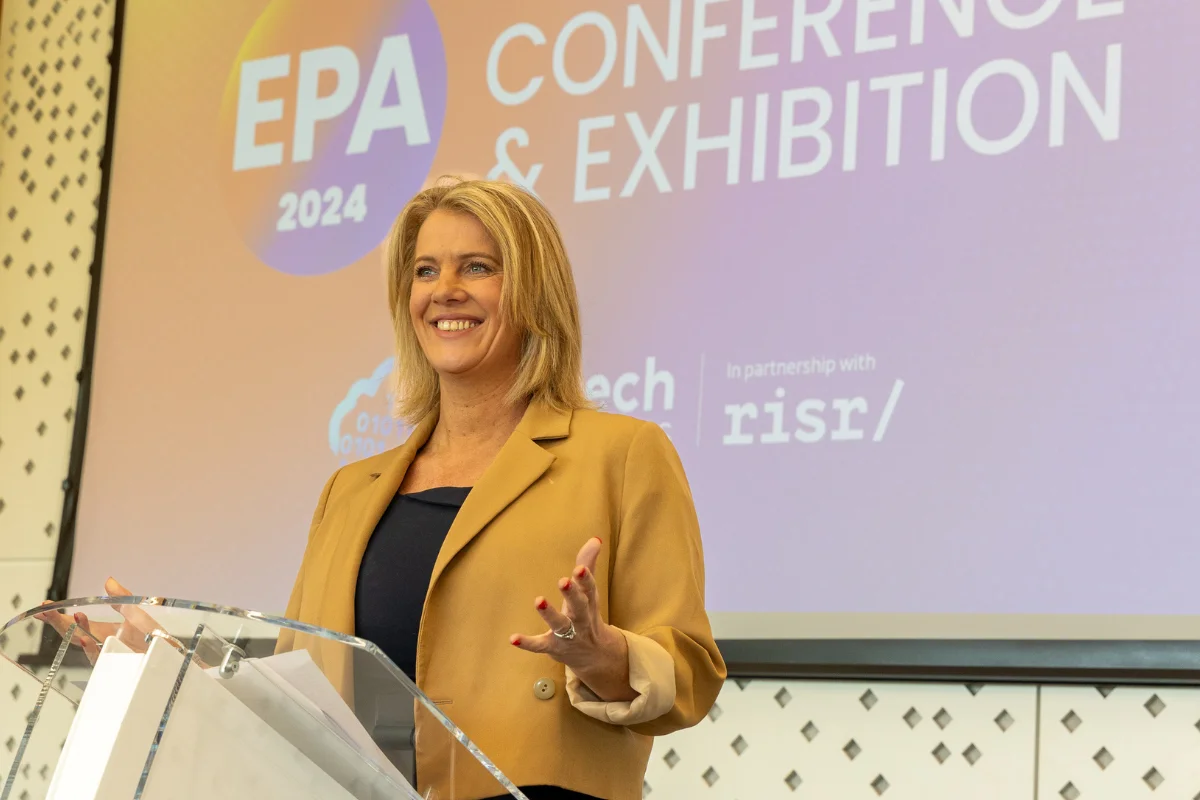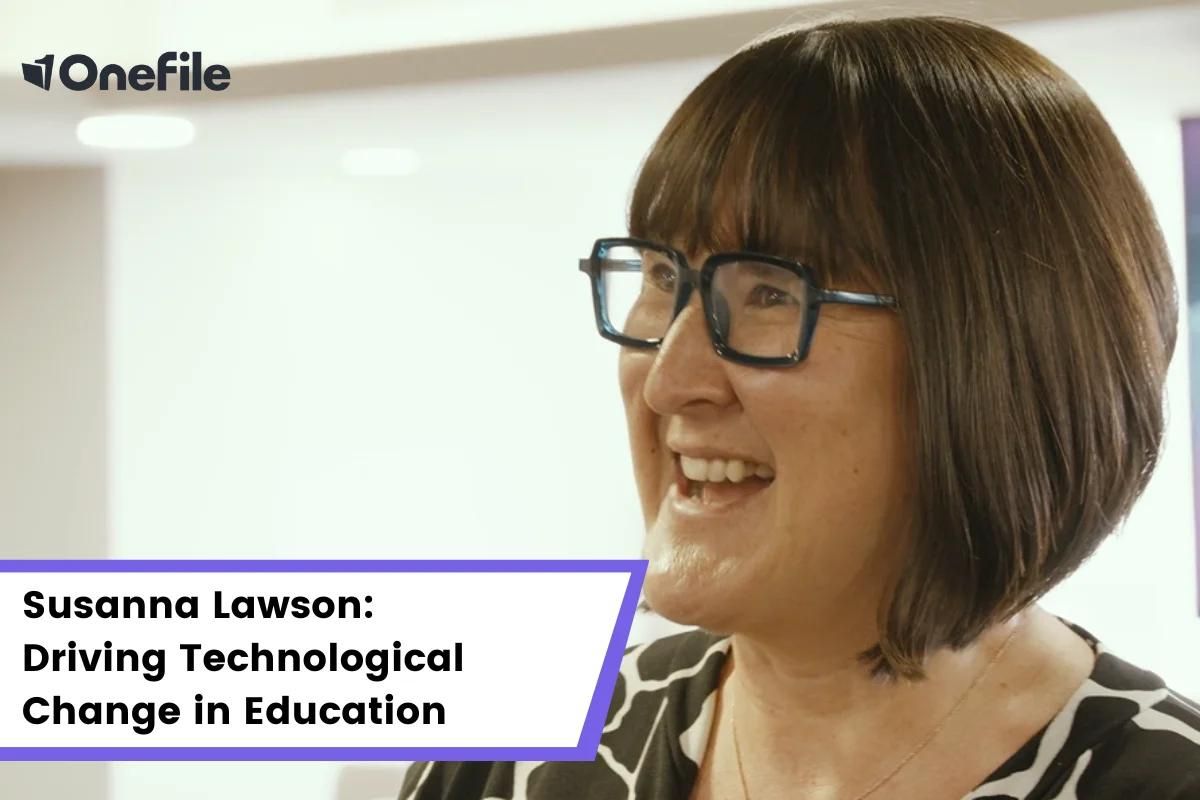Behaviour Hubs: £10 million programme to help tackle poor behaviour in schools

Schools with poor #discipline to get expert help from those with exemplary behaviour practices to prevent disruption in the classroom
A new team of experts are set to help schools curb unruly behaviour and prevent disruption in the classroom.
Schools with exemplary behaviour practices are being invited to lead the Government’s £10 million programme to improve discipline, as part of work to raise school standards across the country.
Supported by renowned behaviour experts, these schools will work in partnership with those that need help to turn around their behaviour culture, equipping heads and senior leaders with the tools they need to tackle poor discipline.
They will help schools which are facing challenges to look at ways of improving behaviour including setting high standards for all pupils, de-escalating conflict and considering things like mobile phone bans, while recognising that different schools require different approaches.
Education Secretary Gavin Williamson said:
Pupils learn best in an environment where there are no excuses for bad behaviour and high expectations are set for all pupils. Poor discipline disrupts lessons, holds children back and has a profound effect on teachers.
All over the country we see examples of schools with great behaviour cultures achieving incredible things for their pupils – as we level up standards in our schools, I want that to be the norm.
That’s why we are determined to give all schools the tools they need to improve behaviour by making sure that they can learn from the best.
The behaviour hubs build on the work of Ofsted, which inspects how well teachers are trained to manage behaviour in new teacher training inspections. This supports the Government’s manifesto pledge to back heads and teachers on discipline.
These plans aim to reduce disruption that can impact on all pupils’ education and help teachers get on with their jobs. Headteachers will also continue to be backed to use exclusions where they are warranted, with a focus on raising the quality of alternative provision to improve outcomes for excluded children.
Tom Bennett, the Department for Education’s behaviour adviser, will be assisted in running the scheme by a team of current and former headteachers and school leaders with experience in implementing successful behaviour management practices in primary, secondary, special and alternative provision settings.
From today (28 February), schools can apply to be one of the lead schools who will work closely with these expert advisers to achieve real change in schools’ approaches to managing behaviour.
The full list of advisers is below:
- Tom Bennett, author of 2017 Department for Education Review of Behaviour and Founder of researchED.
- Mark Emmerson, Chief Executive Officer of City of London Academy Trust in London and formerly Principal of Stoke Newington School, The City Academy, Hackney and City of London Academy Islington.
- Marie Gentles, Co-Director of Magic Behaviour Management and former Principal of Hawkswood AP Primary in London.
- Michelle Long, Executive Principal at Dixons Academy Trust and Principal of Dixons Music Primary in Bradford.
- Jayne Lowe, Director of Bright Green Learning, Education Adviser, former PRU headteacher and currently supporting Ministry of Justice on ‘Transforming Youth Custody’.
- Charlie Taylor, Chair of the Youth Justice Board, Former Chief Executive of National College for Teaching and Leadership and former head of special school The Willows School Academy Trust in London.
- Jenny Thompson, Principal of Dixons Trinity Academy in Bradford.
The programme aims to recruit up to 20 lead schools in this application round, with plans to support at least 500 schools over the three-year programme. The first wave of lead schools will be matched up with partner schools and begin work in September this year.
Tom Bennett, the Department for Education’s lead behaviour adviser, said:
Good behaviour is central to everything we want to achieve for students. It’s the difference between safe, calm schools where students and staff can flourish and learn, and schools where students endure disruption or worse.
There are some incredible schools out there making miracles happen every day, but many schools who, often through no fault of their own, face huge challenges getting there. Behaviour hubs will support these schools with the schools who know how to turn things around. I’m proud to lead this programme and look forward to seeing it make a difference to the students and staff who need and deserve it.
Leora Cruddas, CEO of the Confederation of Schools Trust, said:
Good standards of behaviour in a school are essential to pupil safety and success. Every child has the right to go to a school where they feel safe and able to learn.
Establishing and sustaining a culture of good behaviour can be challenging, which is why CST welcomes the announcement about the lead behaviour school and trust recruitment process. Identifying those schools and trusts with strong cultures of good behaviour will enable the system to share the strongest educational philosophies and practices.
Chris Keates, Acting General Secretary of NASUWT said:
The NASUWT has always been clear that teachers cannot teach and pupils cannot learn without good order and discipline in our schools. The Union’s experience confirms that while there are many examples of excellent practice across the education system, some schools require further support to secure and sustain high standards of pupil behaviour.
Behaviour hubs have the potential to identify ways that schools can learn from and support each other in maintaining and improving pupil discipline. The NASUWT looks forward to engaging further with the DfE on this promising initiative.











Responses